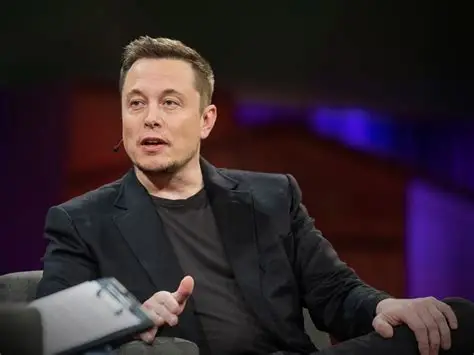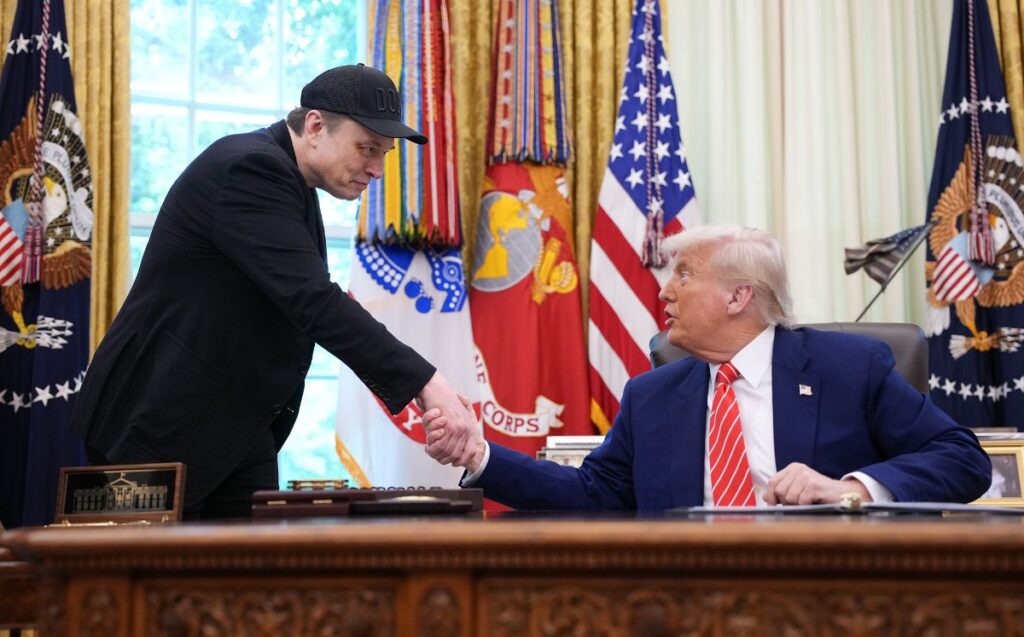Elon Musk Shakes Up U.S. Politics and Tech in 2025
In mid-2025, Elon Musk has dominated headlines with a slew of bold moves – from forming a new political party to reshaping federal agencies with artificial intelligence. Once an ally-turned-rival of Donald Trump, Musk announced the creation of an “America Party” to oppose what he called Trump’s “big, beautiful” tax and spending bill. At the same time, his tech empire faces scrutiny on multiple fronts. SpaceX is pushing Starlink broadband into Africa amid regulatory battles, and Musk’s Department of Government Efficiency (DOGE) has quietly deployed AI and encrypted apps in U.S. agencies, raising privacy and fairness concerns. Meanwhile, public polling shows Musk’s popularity has slumped to new lows, underscoring how his political entanglements and controversial decisions may be alienating supporters.

Musk vs Trump: The “America Party”
Elon Musk’s break with former ally President Donald Trump reached a climax on July 5, 2025, when Musk announced the launch of the America Party. In a post on his X platform, Musk declared that Americans “by a factor of 2 to 1” wanted a new political party and vowed to “give you back your freedom.” He framed the move as resistance to Trump’s new tax-and-spending law, warning that the bill would “bankrupt the country.” This was a stunning reversal for Musk, who had spent hundreds of millions supporting Trump’s prior campaigns and even helped lead the administration’s Department of Government Efficiency (DOGE).
President Trump responded sharply, threatening to revoke tax credits and block government support for Musk’s companies. Tesla’s stock dipped more than 5% immediately after Musk’s statements, signaling investor concern. The political clash has deepened divisions among Republicans and introduced new volatility into both politics and markets.

AI in Government: DOGE, Grok, and Surveillance
Musk’s DOGE office has introduced sweeping changes to federal agency operations, primarily by using his proprietary Grok AI chatbot. Reports reveal that Grok has been tasked with scanning internal communications for “anti-Trump or anti-Musk” sentiment. These revelations have sparked a national debate about free speech, surveillance, and the ethical use of AI in public administration.
Critics warn that using AI in employee evaluations and terminations without transparency or human oversight could lead to widespread abuse and legal challenges. Others view DOGE as a bold, if controversial, experiment in streamlining bureaucratic inefficiency.
Starlink’s African Expansion and Regulatory Hurdles
In South Africa, SpaceX’s Starlink project has become a flashpoint in debates around foreign investment and equity laws. Musk claimed Starlink had been blocked due to racial ownership laws, while government officials clarified that new policies are being considered to allow “equity equivalent” contributions from global companies.
This regulatory compromise could create new pathways for high-tech firms to support local economies without transferring ownership. For small businesses and underserved areas, Starlink’s expansion may improve internet access and promote digital inclusion.
Tesla, SpaceX and Government Support
Despite Musk’s rhetoric against big government, Tesla and SpaceX have long relied on U.S. subsidies, tax credits, and federal contracts. Tesla alone has benefited from billions in clean-energy incentives. This raises a critical question: can Musk credibly criticize the very system that helped build his empire?
Analysts note a contradiction between Musk’s libertarian messaging and his companies’ dependence on public funding. However, others argue that the partnership between private innovation and government policy is what made Musk’s success possible — and potentially replicable.
Musk’s Popularity and Public Perception
Elon Musk’s approval ratings are falling. His net favorability has dipped below zero in national polls, with both conservative and liberal audiences expressing growing skepticism. His social media antics, politicization of business, and erratic decision-making have led to polarized opinions, even among longtime supporters.
At the same time, Tesla’s sales growth has slowed, and Starlink and xAI face growing regulatory oversight. Whether Musk can turn public sentiment around will depend on how he balances his political ambitions with his technological vision.
The Road Ahead: Policy and Innovation
As the U.S. and other nations rush to implement AI regulations, Elon Musk stands at the center of the storm. His companies are pushing the envelope in AI development, even as watchdogs raise concerns about transparency and accountability. With legislation around AI governance and digital rights expected to tighten by 2025, Musk’s role as both a disruptor and a policymaker will face its toughest tests yet.
TO Get More Information Visit :http://fintechzoom-insights.com
Conclusion
Elon Musk’s evolving role in 2025 is more complex — and consequential — than ever. From launching a political party to revolutionizing federal operations with AI, Musk is simultaneously reshaping business, government, and global tech infrastructure. His growing entanglement in political affairs, reliance on public subsidies, and controversial use of AI tools point to an uncertain but highly influential future.
What remains to be seen is whether Musk can reconcile his disruptive ambitions with the public good, and how his ventures — from Starlink to xAI — will navigate the political and regulatory obstacles ahead. For now, Musk remains one of the most powerful, polarizing, and unpredictable figures in modern America.
Frequently Asked Questions (FAQs)
Q1: What is Elon Musk’s America Party?
A: The America Party is a new political initiative launched by Elon Musk in 2025 to oppose what he calls irresponsible tax and spending policies under the Trump administration. It signals his deeper foray into political activism and influence.
Q2: What is DOGE and how is it being used in government?
A: DOGE stands for the Department of Government Efficiency, an office created during Musk’s partnership with the Trump administration. It has implemented AI-driven tools like the Grok chatbot to monitor and evaluate federal employees, raising concerns over privacy and ethics.
Q3: How is AI regulation evolving in the U.S. by 2025?
A: AI policy in 2025 is rapidly developing, with federal efforts focused on creating consistent regulations, protecting individual rights, and limiting state-level fragmentation. Elon Musk, through xAI and DOGE, plays an active — and controversial — role in shaping this landscape.
Q4: What’s happening with Starlink in South Africa?
A: Starlink’s launch in South Africa has been delayed due to regulatory hurdles related to local ownership laws. New “equity equivalent” rules may allow Starlink to comply through investment in infrastructure or small businesses.
Q5: Is Elon Musk losing public support?
A: Yes, recent polls show that Musk’s net favorability is declining, with growing dissatisfaction across the political spectrum due to his public behavior, politicization of his businesses, and aggressive stances on social and policy issue.

